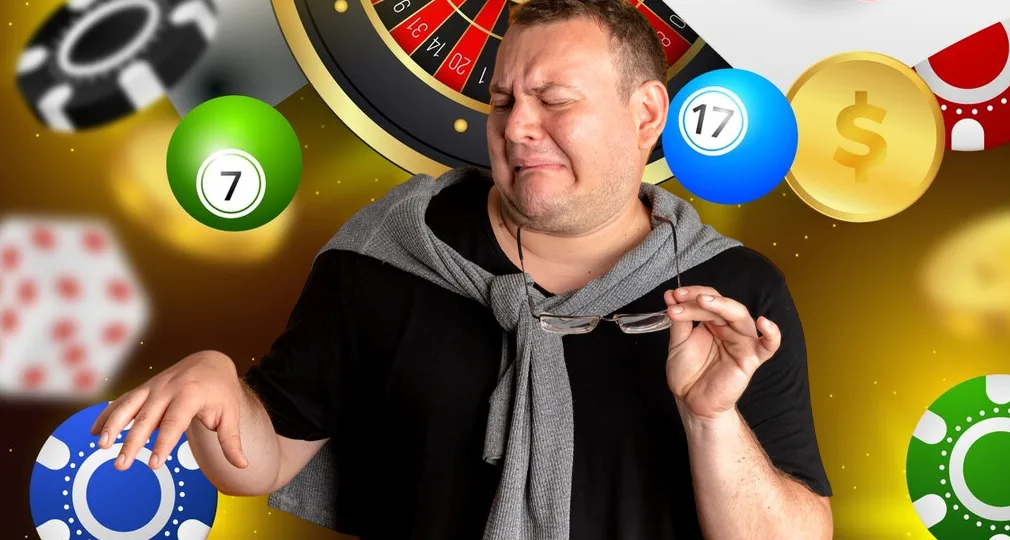Gambling addiction, also known as compulsive gambling or pathological gambling, is a disorder where individuals struggle to control their urge to gamble, even when it negatively affects their lives. Whether in casinos, online platforms, or sports betting, gambling can quickly evolve from entertainment into an uncontrollable compulsion. Many affected individuals continue gambling despite experiencing financial ruin, emotional distress, and social isolation. Recognizing the problem is the first step toward regaining control.
Characteristics of a Compulsive Gambler
Compulsive gambling is a progressive disorder that often includes the following behaviors:
- Preoccupation with gambling and frequent thoughts about past wins or losses.
- Increasing bets to experience the same thrill.
- Restlessness or irritability when attempting to cut down or stop gambling.
- Inability to quit despite mounting financial and personal consequences.
- Hiding gambling habits from family and friends.
The History of Gambling Addiction Recognition
In 1980, the American Psychiatric Association classified compulsive gambling as a mental health disorder. By the mid-2010s, studies estimated that 6 to 8 million adults in the United States suffered from gambling addiction. Many high-profile individuals have battled gambling issues, highlighting the pervasiveness of this disorder across different demographics.
Is Gambling Addiction Genetic?
Scientific research suggests a genetic component to gambling addiction. A 2014 study from an American university found that close relatives of gambling addicts were up to eight times more likely to develop the disorder themselves. Further studies involving twins confirmed that genetic and environmental factors play a significant role in determining susceptibility to gambling addiction.
Health Issues Associated with Gambling Addiction
Compulsive gambling is linked to various health issues:
- Physical Health: Increased risk of ulcers, insomnia, high blood pressure, and migraines due to chronic stress.
- Mental Health: High correlation with anxiety, depression, and bipolar disorder.
- Substance Abuse: Over 50% of gambling addicts also struggle with alcohol or drug addiction.
- Financial Consequences: Many problem gamblers accumulate massive debts, leading to bankruptcy and asset foreclosure.
Financial Strategies for Responsible Gambling
Many people mistakenly view gambling as a way to make money rather than a form of entertainment. To avoid financial pitfalls, consider the following strategies:
- Never gamble with money needed for essential expenses.
- Set a budget and stick to it.
- Avoid chasing losses by betting more money.
- Leave credit cards at home to prevent impulse spending.
- Take frequent breaks to reassess your spending.
- Avoid gambling under the influence of alcohol or drugs.
Behavioral and Social Warning Signs
You may be at risk for gambling addiction if you:
- Struggle to walk away from a gambling session.
- Spend all available funds on gambling, often dipping into essential finances.
- Lie about gambling activities to family and friends.
- Sacrifice hobbies, relationships, or work commitments for gambling.
- Experience social withdrawal and neglect personal relationships.
Bank Management for Gamblers
To avoid severe financial consequences, consider these banking strategies:
- Set spending limits on credit cards.
- Open a separate bank account solely for gambling funds.
- Establish a weekly or monthly gambling budget and adhere to it strictly.
Treatment and Support for Gambling Addiction
Overcoming gambling addiction often requires a multifaceted approach:
- Professional Therapy: Cognitive Behavioral Therapy (CBT) helps change thought patterns related to gambling.
- Support Groups: Peer-based programs provide community and accountability.
- Financial Counseling: Seeking help from financial advisors can assist in managing debts and restoring stability.
- Lifestyle Adjustments: Engaging in hobbies, meditation, and exercise can redirect focus away from gambling.
The Role of Responsible Gambling Practices
Responsible gambling means maintaining control over time and money spent on gambling. Viewing gambling as entertainment rather than an income source is key to maintaining a balanced lifestyle. Gaming establishments promote responsible gambling, but it is ultimately up to individuals to recognize when to stop.
By implementing responsible gambling habits and seeking help when needed, individuals can enjoy gaming without succumbing to addiction. Recognizing the risks and taking proactive steps ensures gambling remains a source of entertainment rather than a destructive force in one’s life.
Read more: Popular casino games















